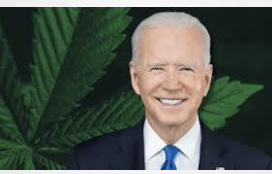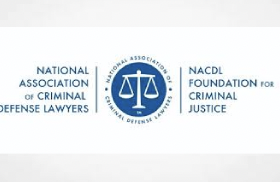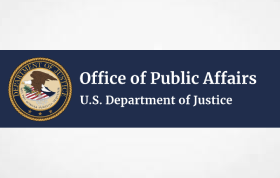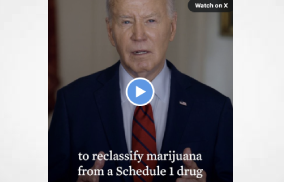Elliott is a law clerk at the firm and his work is supervised by licensed attorneys. His admission to the New York bar is pending.
During a hearing before the Oversight Committee of the U.S. House of Representatives on April 11, Dr. Robert Califf, the commissioner of the U.S. Food and Drug Administration (FDA), requested congressional action to create a new pathway to regulate hemp-derived Cannabidiol (CBD) products, which the agency does not consider safe enough to be sold lawfully as a dietary supplement.
In a January 2023 statement by the prior Commissioner, Janet Woodcock the FDA declined to develop rules to allow CBD to be sold in dietary supplements or food, citing its belief that CBD does not fall under a particular regulatory scheme currently available to the agency.
Safety of CBD of concern for FDA
The comments come again as legislators look to modify federal hemp policy. While the Agriculture Improvement Act of 2018 (Pub. L. No. 115-334) (commonly referred to as the “2018 Farm Bill”) legalized hemp products, it did not provide explicit guidance on how to regulate hemp-derived CBD. The FDA currently does not consider CBD to be “generally recognized as safe” for use in food or supplements. The FDA has continued to express concerns that existing policies in place governing food and dietary supplements are insufficient to manage the risks associated with CBD, and that congressional authorization would be required to effectively regulate these products.
In the oversight hearing, Dr. Califf stated that the specific health concern raised by research into CBD use was the elevation of liver enzymes in regular users, which he said could cause liver damage over time. While CBD is unsafe as a dietary supplement, Dr. Califf said, it could hypothetically be “regulated in another way and made available” if Congress directed the agency to do so.
Prior drug exclusion at issue
The primary barrier facing the FDA is the application of the drug exclusions in Sections 301(II) and 201(ff) of the Federal Food, Drug and Cosmetic Act (FD&C Act), which the FDA has concluded apply to CBD. In June 2018, the agency approved Epidiolex, the first drug with CBD derived from the cannabis plant. As a result of this approval, the prior drug exclusion precludes hemp-derived CBD from being added to conventional foods or dietary supplements.
Unless Congress or the FDA creates a workaround to the prior drug exclusion, CBD remains impermissible in conventional foods and dietary supplements at the federal level, and thus there is potential risk that any such product containing CBD could be deemed adulterated.
FDA may have authority to regulate, states are regulating
FDA publications and commentary have clearly articulated the agency’s position that the prior drug exclusion makes it illegal to include CBD in dietary supplements or foods. At the same time, the FD&C Act provides, and the FDA clearly acknowledges, that the FDA has authority, through notice-and-comment rulemaking, to issue a regulation exempting a substance from the prior drug exclusion and approving the use of such substance in food or finding that it would be lawful in dietary supplements.
States have taken matters into their own hands in some cases, implementing laws and regulations permitting the use and sale of CBD products in a variety of food and supplements. Overall, the state-specific landscape is changing constantly, on an almost weekly basis, and the clear trend is toward states permitting CBD in consumables despite the FDA’s clearly articulated position that hemp is not permitted in foods and supplements pending issuance of regulations that would permit such use.
Should a new pathway be created, new opportunities would arise for food and supplement producers to expand operations without fear of conflicting law at the federal and state levels. While no clear answer on a viable path forward has gained traction, it is clear that both Congress and the FDA believe something has to be done to provide clarity in the growing industry.
Reed Smith will continue to follow developments with regard to the FDA’s regulation. If you have any questions about this or any other FDA regulation, please do not hesitate to reach out to the health care lawyers at Reed Smith.
Source
The FDA’s Continued Search for a Legal Pathway for CBD Products

















